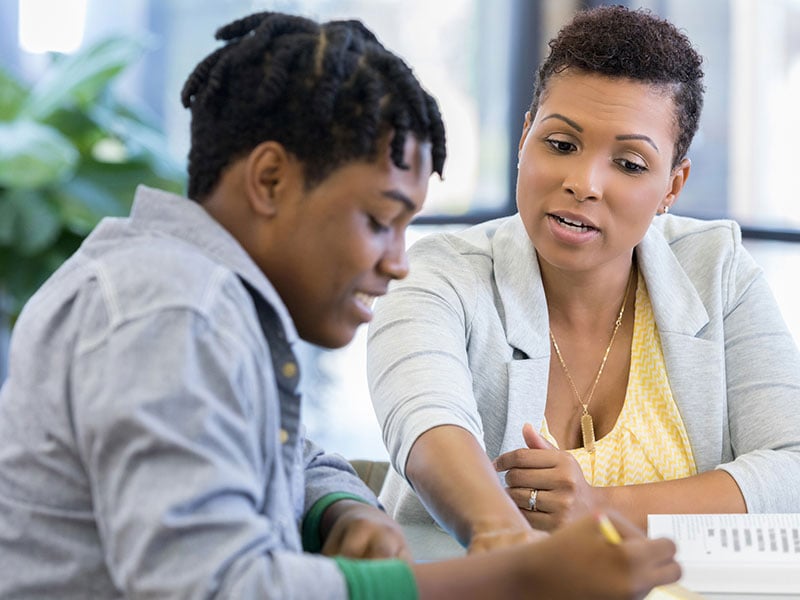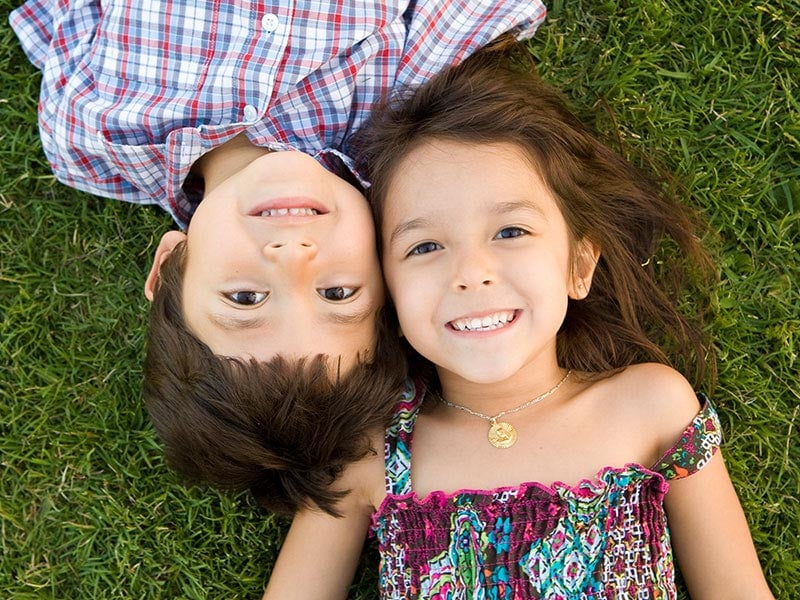Guidelines to Help Youth and Families after Episodes of Gun Violence
April 27, 2022
Tragically, shootings have become a frequent occurrence in our nation and our communities. The trauma experienced after a shooting, along with other experiences of violence, can cause extreme stress for both children and families in the proceeding days, weeks and months. Children who are struggling with their thoughts and feelings about the stories and images of shootings may turn to trusted adults for help, guidance and questions on safety. This can be a challenge because dangerous events like shootings also often disrupt parents’ beliefs about safety, too.
“Sadly, the Lowcountry is no stranger to gun violence. These events disrupt children’s sense of safety, and can cause sadness, grief, helplessness, anxiety and anger. In situations like this, a child’s response may vary with factors like prior experiences and age. We want to provide parents with information so that they can expect these different reactions and be equipped with the best ways to support and understand their child while they are processing their own feelings,” says Beverly Hutchison, Executive Director of Dee Norton Child Advocacy Center. “Whether it is a specific shooting or a similar experience with violent sounds, we must support both our families and children and provide them the necessary resources to heal.”
To help parents understand their own feelings and support their children after a traumatic event, Dee Norton offers the below guidelines:
- Start with yourself. Talk with your loved ones and other adult relatives and friends about how you are doing and focus on what you and others in the community are doing to keep your children safe.
- Begin the conversation. Talk about the shooting with your child. Avoiding the conversation can make the event even more threatening in your child’s mind. Listen carefully; try to understand how your child remembers the event and how they are feeling.
- Maintain an open conversation. Encourage your child to ask questions and answer those questions directly. You might not know all the answers and it is ok to say that. Let them know you are available to talk when they are ready.
- Help children feel safe. Traumatic events can disrupt a child’s sense of safety. Assure them you and other adults in the community are doing everything you can to keep them safe.
- Limit media exposure. Limit your child’s exposure to media images and sounds of the shooting, and do not allow your very young children to see or hear any TV/radio, or social media shooting-related messages.
- Monitor for possible reactions. In the immediate aftermath of dangerous events—even when children did not experience them themselves—they may have challenges with paying attention and concentrating. They may become irritable or defiant. Children and even teens may have trouble separating from caregivers, wanting to stay at home or close by them.
- Seek professional help. The Charleston community has excellent resources, including the National Mass Violence Victimization Resource Center, which operates a Crisis Text Line that offers free 24/7 support for individuals struggling with emotional crises.
- Text the message “COPE” to 741-741 to speak with someone now.
For additional resources for helping youth after a shooting, please visit The National Child Traumatic Stress Network.
To learn more about our local response to child abuse and trauma, visit www.deenortoncenter.org.


